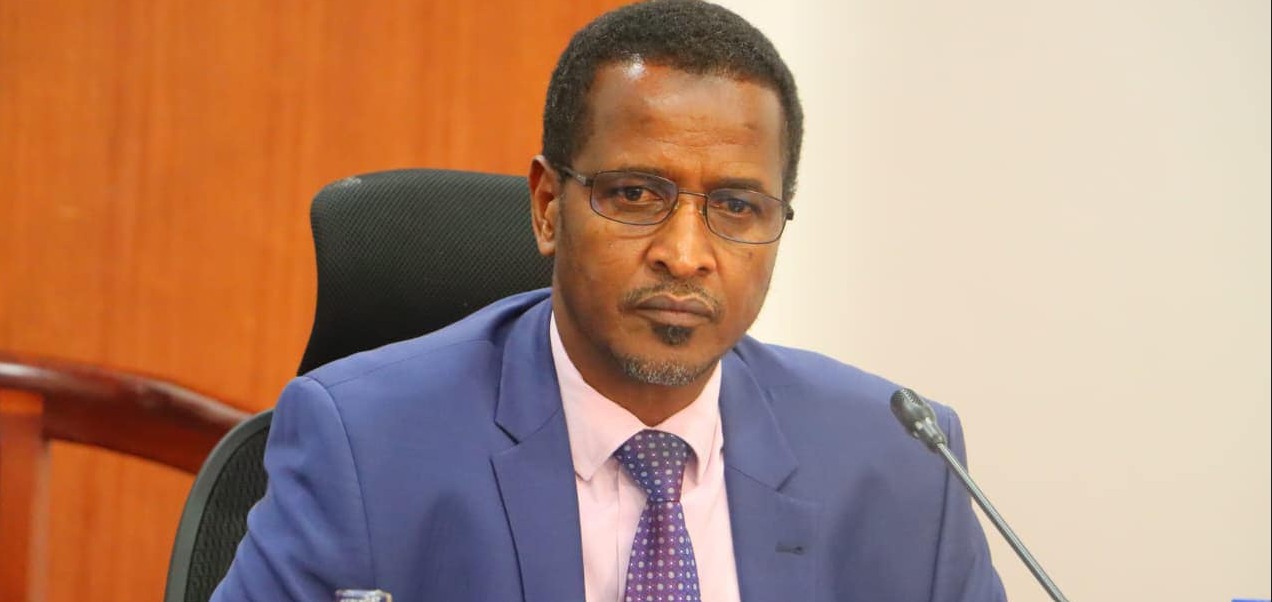Drought-affected families in Kenya’s most vulnerable regions face further hardship after the National Drought Management Authority (NDMA) revealed that delayed funding has disrupted payments under the Hunger Safety Net Programme (HSNP), leaving Sh3.9 billion in arrears.
Speaking before the Departmental Committee on Regional Development on Tuesday, NDMA officials said the agency had only received Sh1.5 billion of the Sh5.47 billion needed for the 2024/2025 cycle.
This funding gap has forced partial and staggered payments to households. The discussion, chaired by Sigor MP Peter Lochakapong, followed a motion by Turkana South MP Ariko Namoit, calling for urgent disbursement of funds to families affected by drought.
HSNP is a government-run cash transfer initiative that provides unconditional monthly stipends to households in eight arid counties: Turkana, Wajir, Mandera, Marsabit, Garissa, Tana River, Isiolo, and Samburu. Each household currently receives Sh2,700 per month to meet basic needs and secure food during difficult periods.
NDMA CEO Hared H. Adan told the committee that persistent funding shortfalls had severely limited the agency’s capacity to make timely payments.
“Because of this gap, we could only make full payments for July, August and September 2024. October payments were partial and funds were depleted thereafter,” he said.
The authority now owes households Sh3.9 billion. Hared noted that a supplementary budget request submitted to the National Treasury received no response.
“We deeply regret the suffering, but these delays stem solely from insufficient budget releases,” he said.
The programme, launched under Vision 2030 and central to the Bottom-Up Economic Transformation Agenda (BETA), currently supports 133,800 households across the arid and semi-arid counties.
Beneficiary selection is based on verified data in the Enhanced Single Registry (ESR), jointly maintained with the Kenya National Bureau of Statistics (KNBS), and households already benefiting from Inua Jamii are excluded.
Hared acknowledged that inconsistent fund releases had forced NDMA to distribute payments unevenly across counties, and that communication with beneficiaries had been limited.
“We held consultations with the Treasury and Parliament before issuing updates, to avoid triggering panic among households. Unfortunately, that silence fuelled anxiety,” he said.
He explained that when HSNP’s budget was reclassified from development to recurrent expenditure in FY 2023/24, only Sh125 million was released monthly—far below the Sh456 million required—resulting in delays and backlogs.
Hared also dismissed allegations of regional or ethnic favoritism, explaining that staff are recruited locally and county allocations are determined by verified poverty data.
The programme employs eight programme managers, 33 programme officers, eight procurement assistants, eight accounts assistants, and five drivers from beneficiary counties. Allocations per county are as follows: Turkana 39,917, Wajir 19,201, Mandera 22,229, Marsabit 20,453, Garissa 9,252, Tana River 7,377, Isiolo 7,027, and Samburu 8,344.
“These figures stem from verified data, not ethnicity. HSNP’s selection remains objective and auditable nationwide,” he said.
Hared urged Parliament to act immediately, requesting Sh3.9 billion to clear arrears and Sh5.47 billion to fund the 2025/2026 cycle.
“Absent predictable funding, HSNP cannot meet its constitutional mandate or expand to all 23 ASAL counties as envisioned. We appeal to Parliament to act decisively, compassionately, and without delay to secure Kenya’s most vulnerable families,” he warned.
MP Namoit criticized the delays, describing them as unacceptable and emphasizing that the programme is a constitutional entitlement.
“That families dependent on this lifeline have gone nearly a year unpaid is unacceptable. This programme is not optional; it is a constitutional right. You can’t claim to uplift lives while drought-stricken Kenyans starve,” he said.
Chair Peter Lochakapong pledged rapid parliamentary action, promising to engage the Treasury and State Department for ASALs to ensure HSNP funding is prioritized.
“We will push the Treasury and State Department for ASALs to place HSNP at the top of the funding list. We’ll also advocate for clearance of Sh3.9 billion via a supplementary budget,” he said.
He also instructed NDMA to improve communication with households to rebuild confidence. The committee is expected to recommend measures to increase HSNP funding and incorporate the programme under the Medium-Term Expenditure Framework (MTEF) to protect it from annual fluctuations.
“Our actions now can halt thousands from slipping into deeper hunger,” Lochakapong said.
